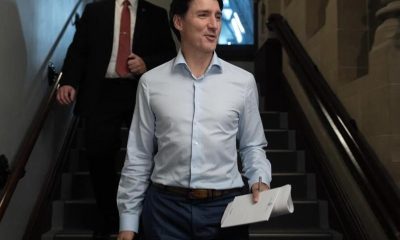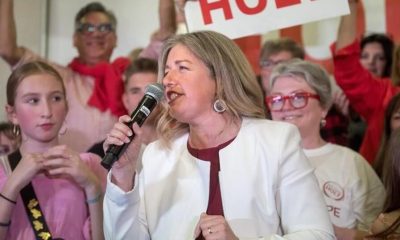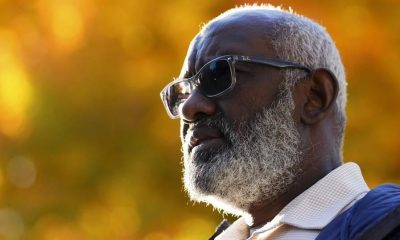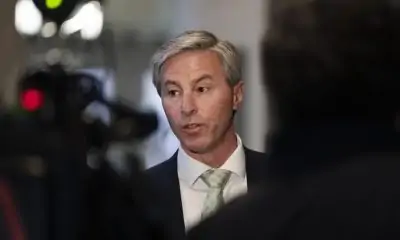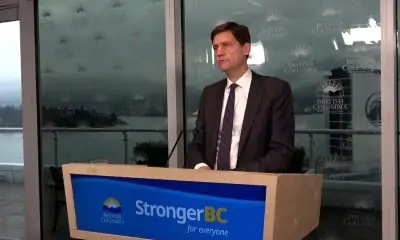It’s not all bigotry. George F. Will, in his Oct. 22 op-ed, “Our politics today echo 1968′s George Wallace,” noted that the mass basis of the Republican Party, since Richard M. Nixon’s “Southern strategy”, is tapping into voters disaffected by the Democratic Party’s support for civil rights.
Politics
Opinion | The economic basis of racial politics – The Washington Post
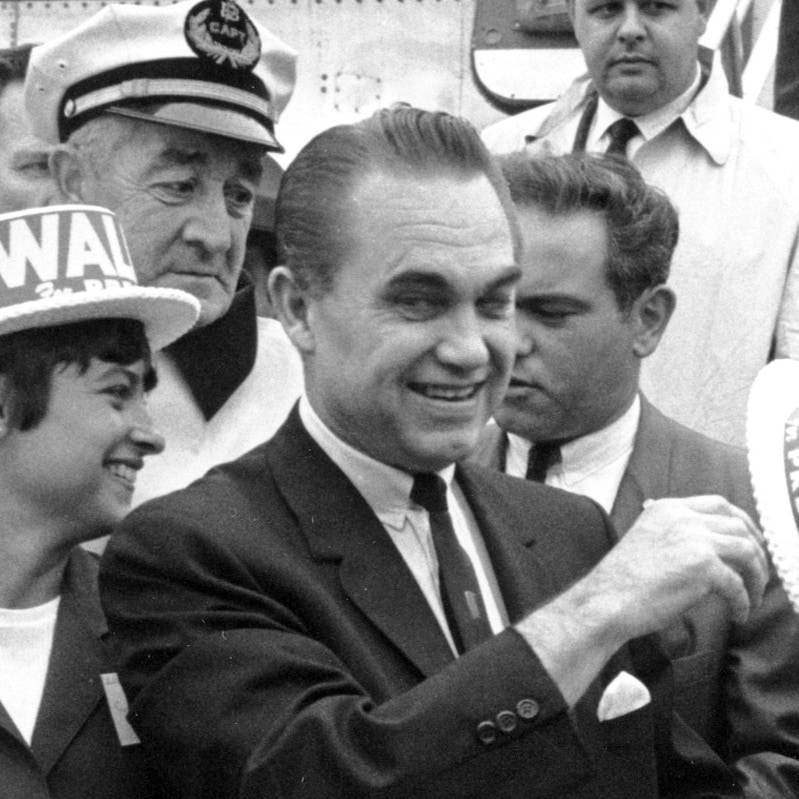
Generally overlooked, going back to the pre-Civil War period, is that there are two types of racism: racism of exploitation and racism of competition. Racism of exploitation is all too clear in the case of slavery, but it continued during Jim Crow, in sharecropping and, most important, in the political power of excluding African American voters and appealing to the fears and prejudices of poorer White voters — as exemplified by Bob Dylan’s “Only a Pawn in Their Game,” about the assassination of Medgar Evers.
Alabama Gov. George Wallace’s appeal to White voters, including in the nonsegregated North, which Mr. Will described, was the racism of competition. Apologists for slavery to this day claim that the Free Soil movement was racist, seeking to exclude African Americans, whether enslaved or free, from the Northern states because of fear of competition from African Americans bringing down wages and employment opportunities. More recently, Republicans have added opposition to competition from immigrants. The Republican Party, borrowing from Nixon and Ronald Reagan, overlaid this with resentment by working-class and lower-middle-class Whites to paying taxes to support welfare-type aid for minorities and immigrants — even though Whites are the largest single group using these benefits.
Only by understanding the economic basis of racial politics can we see beyond divisive charges of bigotry.
James Kelly, Ellicott City
Politics
Liberals win majority in New Brunswick election
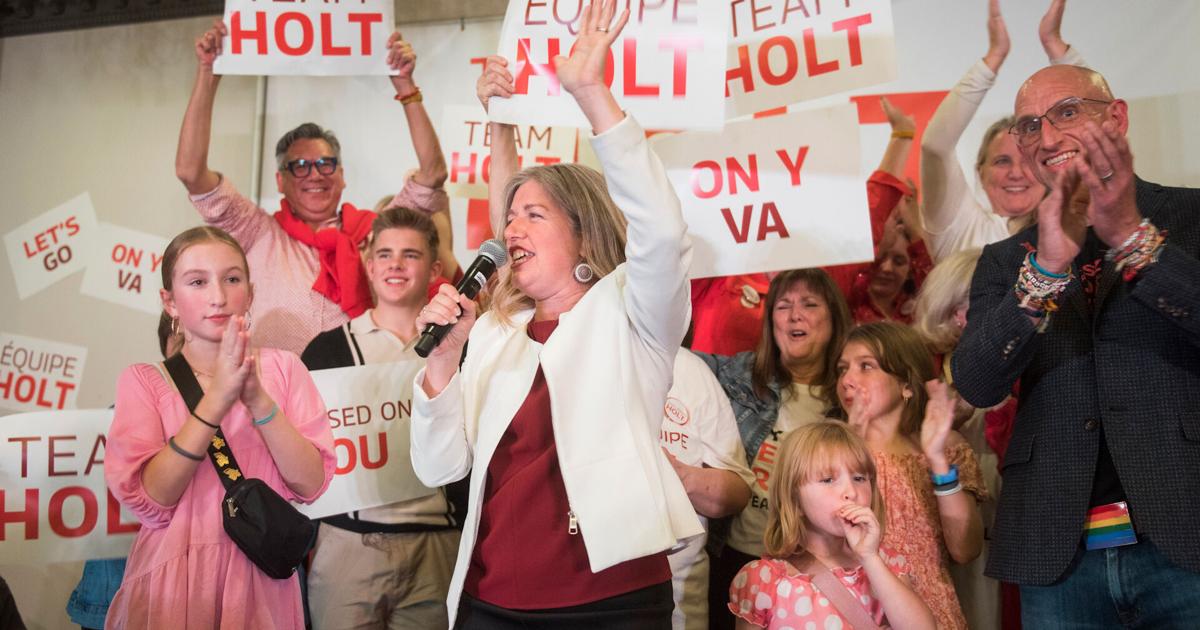
New Brunswick voters have elected a Liberal majority government, tossing out the incumbent Progressive Conservatives after six years in power and handing the reins to the first woman ever to lead the province. Liberal Leader Susan Holt spent much of the campaign rolling out proposed fixes for a health-care system racked by a doctor shortage, overcrowded emergency rooms and long wait-times. She promised to open 30 community health clinics across the province by 2028. (Oct. 22, 2024)
Politics
Susan Holt Breaks the Glass Ceiling in New Brunswick Politics
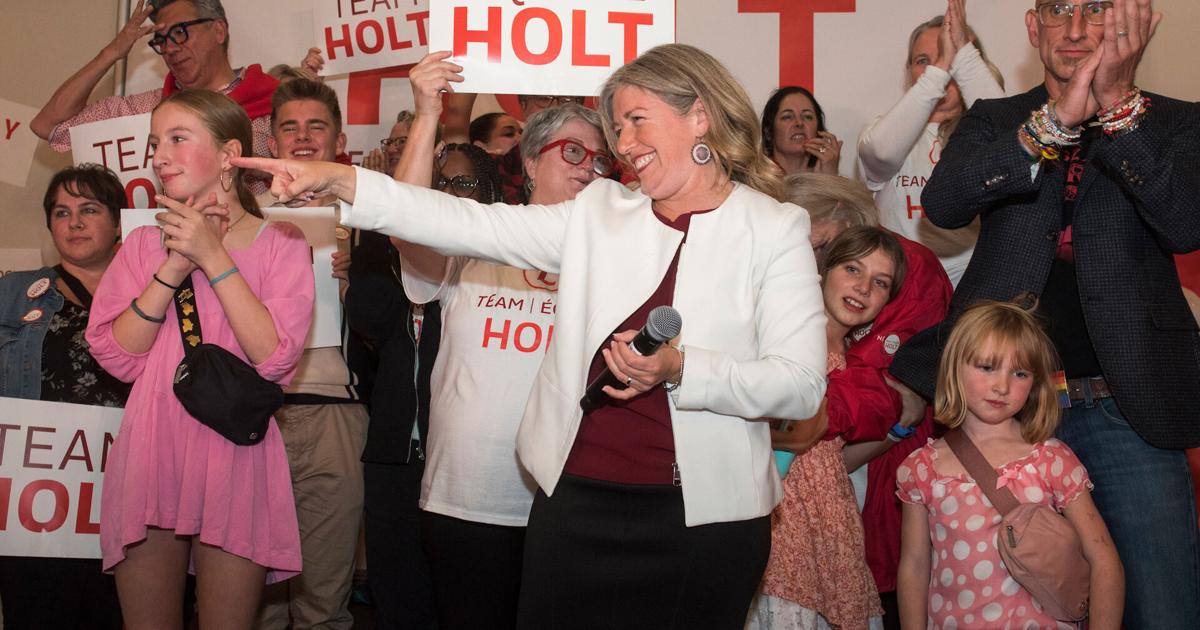
Susan Holt has made history in New Brunswick by becoming the first woman to serve as the leader of the province’s Liberal Party, a significant milestone in the province’s political landscape. Holt’s leadership victory signals a new era of representation, gender equality, and change in the region, which has long been dominated by male politicians.
Holt’s journey to the top has been one of perseverance and dedication. Before entering politics, she built a distinguished career in the private sector, where she held numerous leadership positions. Her experience in business development and public policy has equipped her with the skills needed to navigate the complex world of politics.
In a province where women have historically been underrepresented in politics, Holt’s election represents a watershed moment. Women’s involvement in leadership roles has been steadily increasing nationwide, but New Brunswick, like many parts of Canada, has seen slower progress in achieving gender parity. Holt’s rise to the top of the Liberal Party not only shatters a glass ceiling but also serves as an inspiration for future generations of women aiming for political leadership.
As the leader of the New Brunswick Liberal Party, Holt has laid out a vision of inclusivity and progress. Her policies focus on economic development, healthcare reform, environmental sustainability, and addressing social issues that have plagued the province. She has also emphasized the importance of transparent governance and creating opportunities for underrepresented communities, making her platform both modern and forward-thinking.
Holt’s leadership arrives at a time when many voters are calling for change, especially in the face of challenges like economic uncertainty and the need for healthcare improvements. She aims to bring fresh ideas to tackle these issues while ensuring that all citizens, regardless of their background, have a voice in government decisions.
Susan Holt joins the ranks of other trailblazing women across Canada who have led provincial parties and governments. Women like former Alberta Premier Rachel Notley and Ontario’s Kathleen Wynne have paved the way, and now Holt is contributing to this growing legacy of female political leadership in Canada.
Her achievement highlights not only the growing number of women entering politics but also the demand for leaders who can bring diverse perspectives to the table. In a field often dominated by entrenched traditions, Holt’s election is a step toward a more inclusive and representative political landscape in New Brunswick.
Holt’s leadership signals a broader shift in Canadian politics, where more women and diverse voices are gaining prominence. For young women across the country, her rise serves as a powerful reminder that leadership roles are within reach, even in traditionally male-dominated spheres.
With her election, Susan Holt has proven that perseverance, skill, and a vision for change can break even the toughest barriers. Her leadership will not only reshape New Brunswick’s political future but also inspire others across Canada to pursue leadership positions and continue to challenge the status quo.
Politics
Moe and Beck hold campaign events today, as parties urge early voting
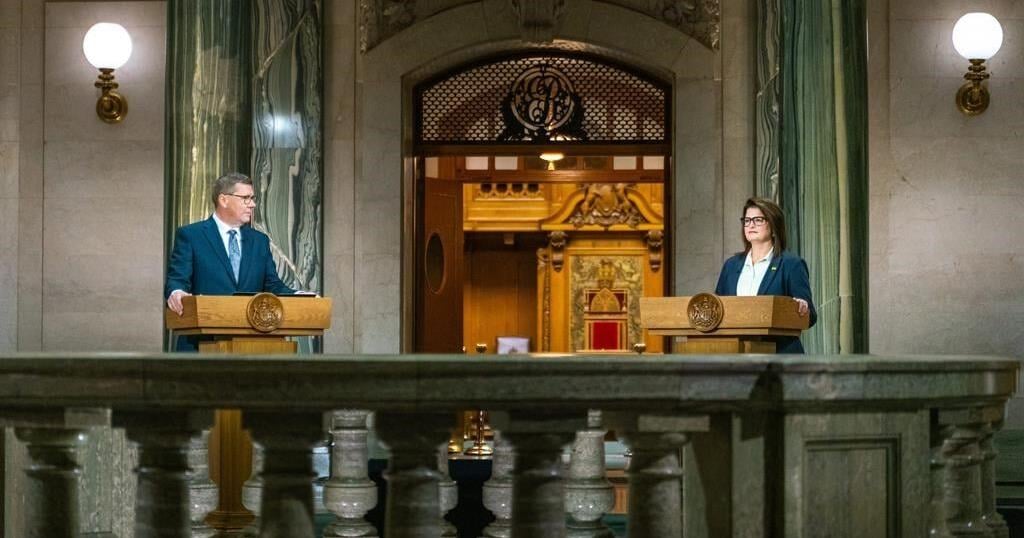
NDP Leader Carla Beck has two planned campaign events today, starting the day with an availability in Moose Jaw and then later this evening attending an event in the capital with the Regina Medical Staff Association.
Saskatchewan Party Leader Scott Moe, meanwhile, will speak in Prince Albert at the start of Voting Week in the province.
Saskatchewan residents can vote for five days starting today in the lead-up to next week’s provincial election, although polls won’t be open Sunday.
The NDP and the Saskatchewan Party are urging voters to cast their ballots early.
Voters can find their polling stations on their information cards or by visiting the Elections Saskatchewan website.
Chief electoral officer Michael Boda says there are about 810,000 registered voters in Saskatchewan.
This report by The Canadian Press was first published Oct. 22, 2024.
The Canadian Press. All rights reserved.
-

 News14 hours ago
News14 hours agoNatural gas fuelling station opens in Calgary
-

 Health14 hours ago
Health14 hours agoPediatric group says doctors should regularly screen kids for reading difficulties
-

 Sports14 hours ago
Sports14 hours agoNew York Rangers lean on depth for decisive 7-2 win over Montreal Canadiens
-

 News14 hours ago
News14 hours agoEby says B.C. Greens not ready for minority talks
-

 News14 hours ago
News14 hours agoCanada’s Fernandez, Andreescu through to quarterfinals at Toray Pan Pacific Open
-

 News14 hours ago
News14 hours agoBank of Canada to release interest rate decision, economic forecast today
-

 News14 hours ago
News14 hours agoCrown to continue submissions in case of University of Waterloo stabber
-

 News12 hours ago
News12 hours agoA look at what people are saying about the Bank of Canada’s rate decision



